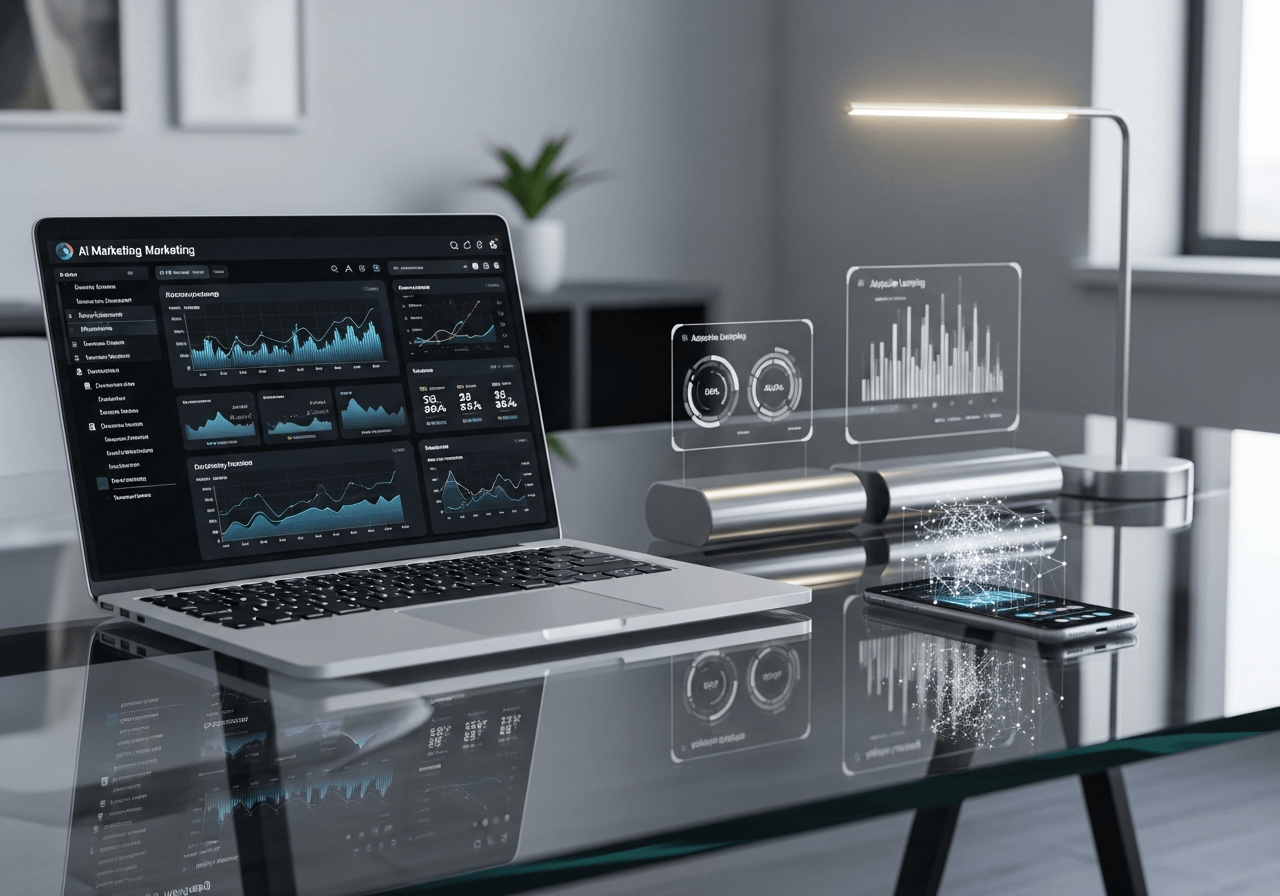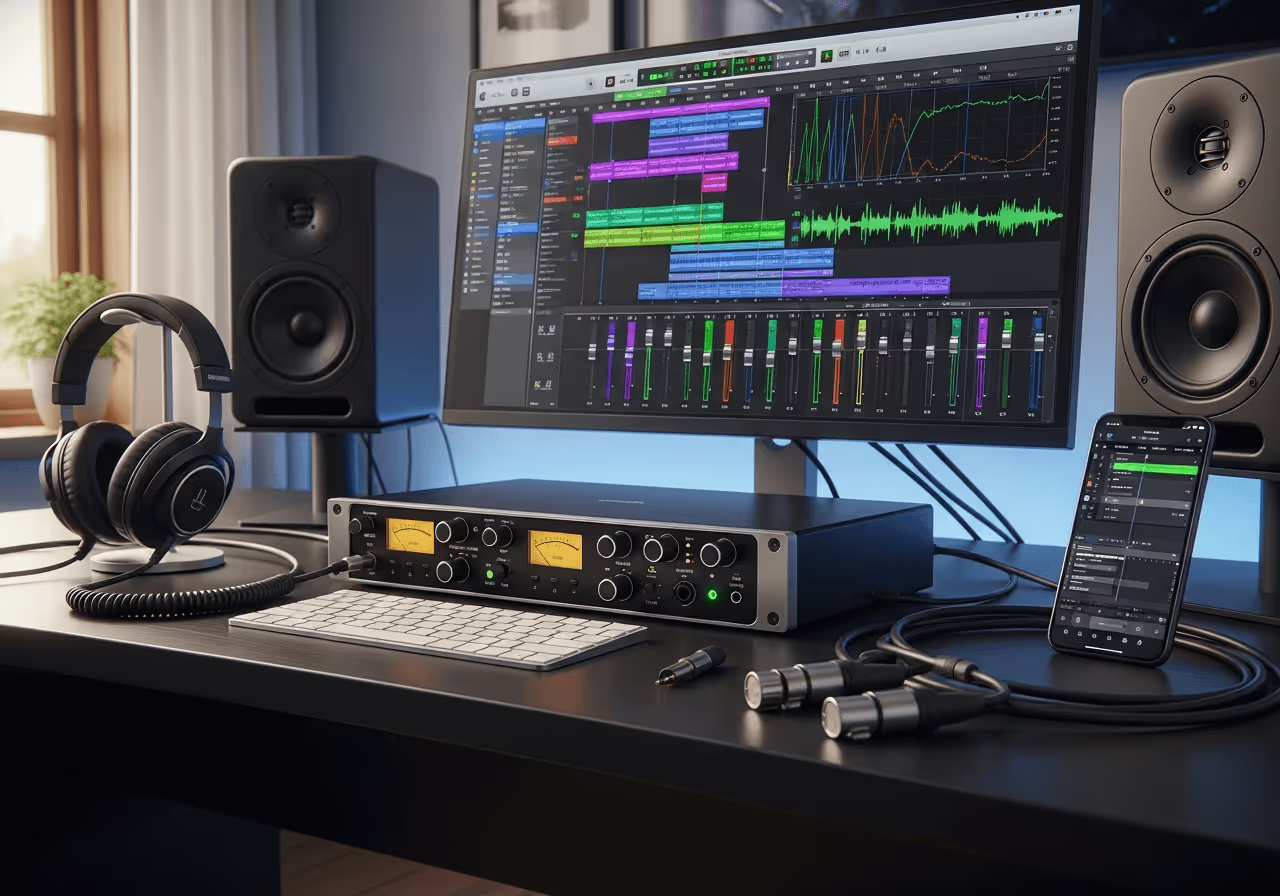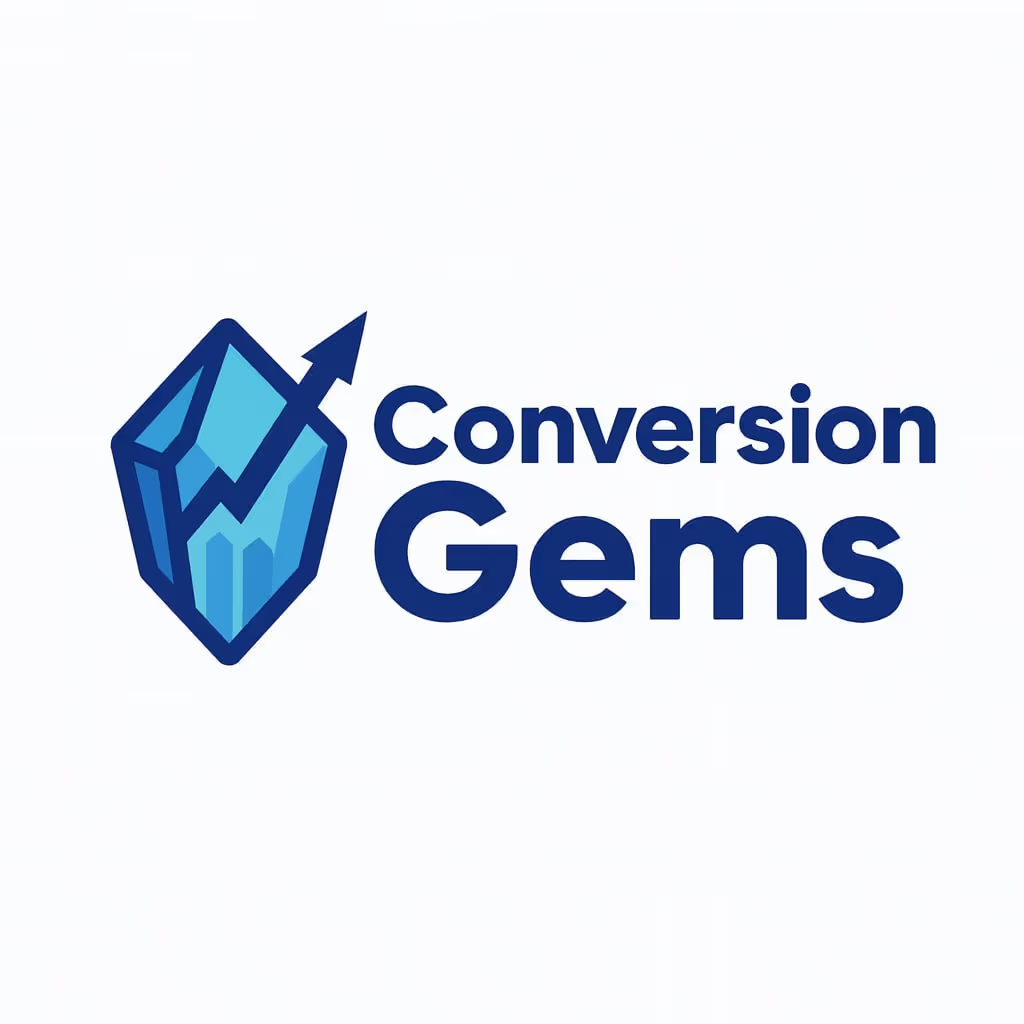Top Marketing Automation Tools for 2026

November 24, 2025
In the ever-evolving world of digital marketing, staying ahead of the curve requires more than just creativity—it demands automation that can handle complex tasks efficiently. As we approach 2026, marketing automation tools are set to become indispensable assets for businesses looking to streamline their strategies and enhance customer engagement. In this article, we'll explore the top marketing automation tools poised to make a significant impact, especially focusing on email marketing, which remains at the cornerstone of customer interaction.
The Rise of Marketing Automation
The digital landscape is undergoing relentless changes, and marketers are continuously seeking ways to optimize their efforts. Marketing automation tools are riding this wave by offering solutions that not only save time but also enhance performance across various channels.
Transformative Customer Interaction
One of the central features of advanced marketing automation tools is the ability to facilitate seamless customer interactions. These tools utilize AI and machine learning to personalize communication, making each interaction more meaningful and relevant. For instance, tools like HubSpot and ActiveCampaign are revolutionizing the way organizations engage with their target audience, fostering more personalized and purposeful communications.
Efficiency in Campaign Management
Automation tools have also proven to be extremely effective in managing marketing campaigns. From initiating campaigns to analyzing results, these platforms provide marketers with comprehensive control, precision, and insights. Platforms like GetResponse and Omnisend are renowned for their capabilities in automating complex marketing processes, thereby allowing marketers to focus on creativity and strategy rather than administrative tasks.
Email Marketing: A Core Component
Despite the rise of various digital platforms, email marketing continues to be a central pillar of digital marketing strategies. The ability to directly reach out to consumers through personalized, measurable, and actionable campaigns makes email a formidable tool in a marketer's arsenal.
Integrating with Other Platforms
One challenge marketers often face is the integration of their email marketing efforts with other platforms. Many marketing automation tools, such as HubSpot, offer seamless integrations with social media, CRM systems, and analytics tools to create a well-rounded marketing ecosystem. This integrated approach not only amplifies reach but also ensures that all marketing messages remain consistent across different channels.
Future-Proofing Marketing Strategies
Looking towards 2026, the focus will be on crafting marketing strategies that are adaptive to changing consumer expectations. The utilization of tools that automate and personalize email marketing campaigns, such as Mailgun and SendGrid, plays a crucial role in this transformation. These platforms are designed to manage large volumes of emails, ensuring optimal deliverability and engagement based on real-time data.
Conclusion
Implementing marketing automation tools successfully requires more than just choosing the right software—it involves understanding and leveraging the capabilities of these tools to address specific marketing needs. As we look ahead, the best email marketing tools include those that not only offer automation but also enhance customer experience and engagement.
In summary, the emergence of sophisticated marketing automation tools represents a significant shift in how businesses can engage with customers at various stages of their journey. By reducing manual processes and enabling more personalized communication, these tools not only save time but provide a detailed analysis that can be used to create more effective campaigns. It is crucial for businesses to evaluate their current strategies and consider integrating these tools to ensure they remain competitive in a rapidly advancing digital landscape. The ability to automate yet retain a personal touch will distinguish successful marketing strategies in 2026.

FAQ
Q: What are marketing automation tools?
A: Marketing automation tools are software platforms designed to automate repetitive marketing tasks, manage multi-channel campaigns, and analyze marketing performance, allowing marketers to focus on strategy and creativity.
Q: Why is email marketing still important?
A: Email marketing remains a vital component of digital strategies due to its ability to deliver personalized, measurable, and actionable communication directly to consumers, making it an effective engagement tool.
Q: How do marketing automation tools improve customer interaction?
A: These tools use AI and machine learning to personalize communications and manage customer interactions more efficiently, ensuring each engagement is meaningful and relevant.
Q: What features should I look for in the best email marketing tools?
A: Key features include automation capabilities, ease of integration with other platforms, personalization options, and comprehensive analytics to track and optimize campaign performance.
Q: How can businesses ensure they are using marketing automation tools effectively?
A: Businesses should thoroughly understand the capabilities of their chosen tools, align them with their specific marketing goals, and continuously analyze the outcomes to refine strategies and improve results.
Your Perfect SaaS Tool is Just a Click Away
Disclosure
you, but we only recommend SaaS tools we trust for small businesses.















